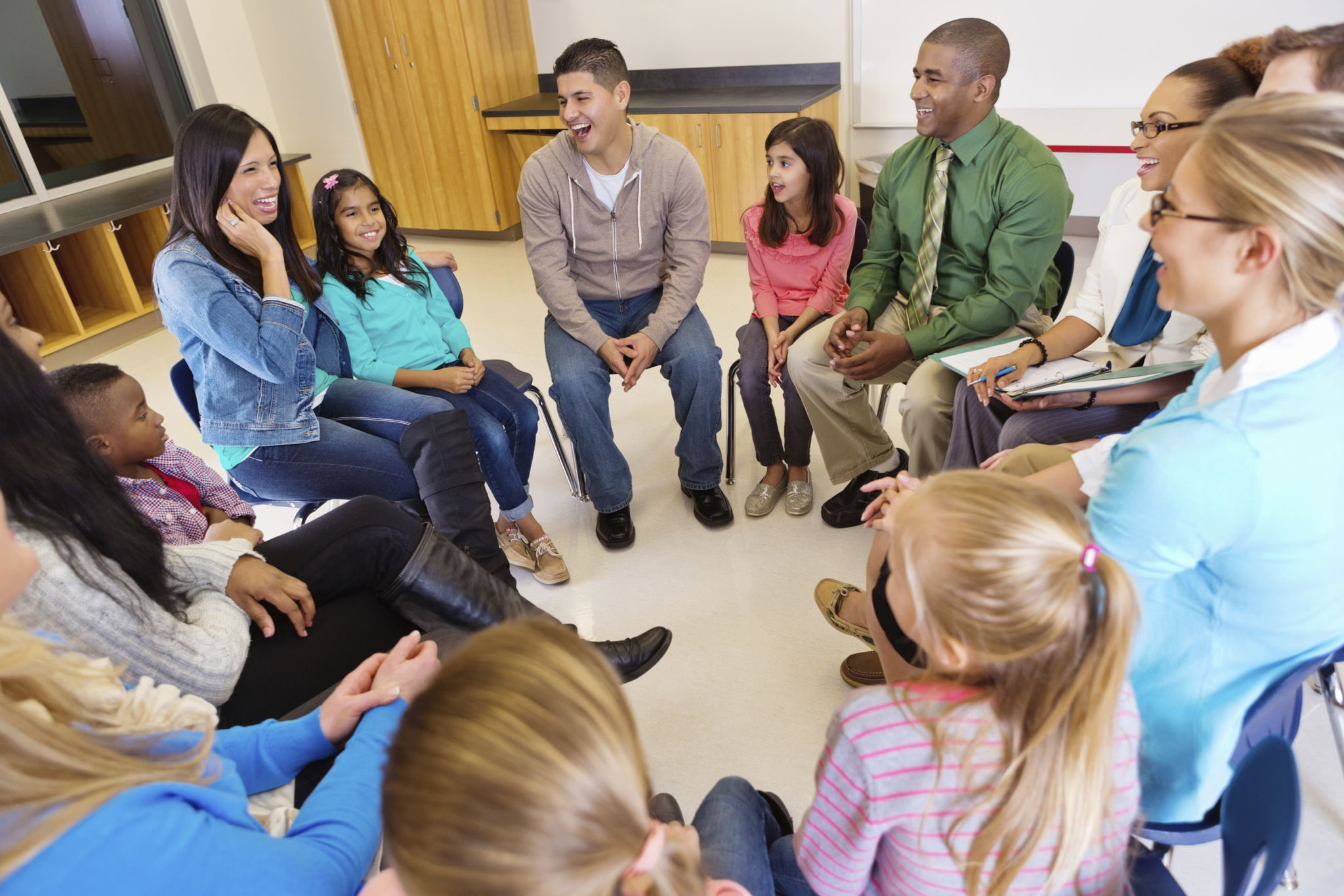Comparing Educational Strategies for Building a Multi-Generational Legacy
Introduction to Educational Strategies
In today’s rapidly evolving world, the importance of a well-rounded education cannot be overstated, especially when considering the goal of building a multi-generational legacy. Different educational strategies can significantly impact how effectively knowledge and values are passed down through generations. This article explores various approaches to education that can help establish a lasting family legacy.

Traditional Education: The Foundation
Traditional education has long been the backbone of learning, focusing on structured classroom settings with a standardized curriculum. This approach emphasizes core subjects such as mathematics, science, history, and language arts. One of the strengths of traditional education is its ability to provide a comprehensive, well-rounded foundation for students.
However, this method often lacks flexibility and may not cater to individual learning styles. While it serves as a crucial building block in educational development, relying solely on traditional education might not be sufficient for crafting a multi-generational legacy.
Holistic Education: A Broader Perspective
Holistic education takes a more inclusive approach by addressing not only academic growth but also emotional, social, and spiritual development. This strategy encourages students to explore their interests and passions, fostering creativity and critical thinking. By nurturing these aspects, holistic education aims to produce well-rounded individuals who are prepared to tackle the challenges of the future.

Families looking to create a multi-generational legacy may find holistic education valuable as it promotes adaptability and resilience—key traits for navigating an ever-changing world. Incorporating elements such as mindfulness, environmental awareness, and community service can further enrich this educational strategy.
Experiential Learning: Learning by Doing
Experiential learning focuses on hands-on experiences as a primary method of instruction. This approach encourages students to engage with real-world scenarios, promoting active learning and problem-solving skills. Examples include internships, field trips, and project-based learning.
By immersing students in practical experiences, experiential learning helps bridge the gap between theory and practice. This strategy is particularly effective in preparing future generations for the workforce by equipping them with applicable skills and knowledge.
Intergenerational Learning: Bridging the Gap
Intergenerational learning involves collaborative educational experiences between different age groups. This approach leverages the strengths and insights of both younger and older generations, fostering mutual understanding and respect. It often includes mentorship programs where elders share their wisdom while learning new skills from younger participants.

This strategy not only enhances the learning experience but also strengthens family bonds, ensuring that knowledge and values are passed down effectively. By bridging generational gaps, families can build a cohesive multi-generational legacy.
The Role of Technology in Modern Education
Technology plays an increasingly vital role in modern educational strategies. From online courses to educational apps, technology offers innovative ways to enhance learning experiences. It provides access to a wealth of information and diverse perspectives that were once out of reach.
For families focused on building a multi-generational legacy, integrating technology into education can open new avenues for learning and collaboration across distances. However, it is essential to balance screen time with other educational methods to ensure a well-rounded approach.
Conclusion: Crafting a Lasting Legacy
Creating a multi-generational legacy through education involves more than just selecting one strategy. A well-considered combination of traditional, holistic, experiential, and intergenerational learning approaches can offer comprehensive benefits. By incorporating technology and adapting to changing needs, families can ensure that their legacy is both enduring and adaptable.
Ultimately, the goal is to nurture individuals who are not only knowledgeable but also empathetic, resilient, and capable of leading future generations towards success. By carefully selecting and blending educational strategies, we can lay the groundwork for a lasting legacy that spans generations.
